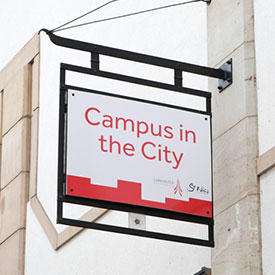Public sociology profiles
Lancaster Sociology has an international reputation for ‘public sociology’ – a sociology that transcends the boundaries of the academy in order to engage with wider audiences and to defend and enhance notions of public interest.
Lancaster’s distinctive version of public sociology is one which responds to changing times, using theoretically-informed research in order to generate novel formulations of existing problems, draw attention to new issues that should be of public concern, and to give voice to under-represented voices and perspectives.
Our research achieves public relevance in two main ways:
- We work with users, stakeholders and clients in order to address well-recognised problems in areas such as drug policy, telecare provision, domestic violence, food standards, biodiversity protection or child safety. In this kind of work we provide evidence, evaluate service provision, and provide recommendations which help to shape public policy.
- We draw on research-driven insights to articulate new and emerging issues, and use novel collaborative processes to work with groups and individuals from business, the public sector and civil society to develop new ways of doing things in areas such as water quality, climate change, child protection, and biodiversity.
We have contributed to commissioned reports for organisations including the Higher Education Academy; Department for Culture, Media and Sport; Equality and Human Rights Commission; and European Parliament.








